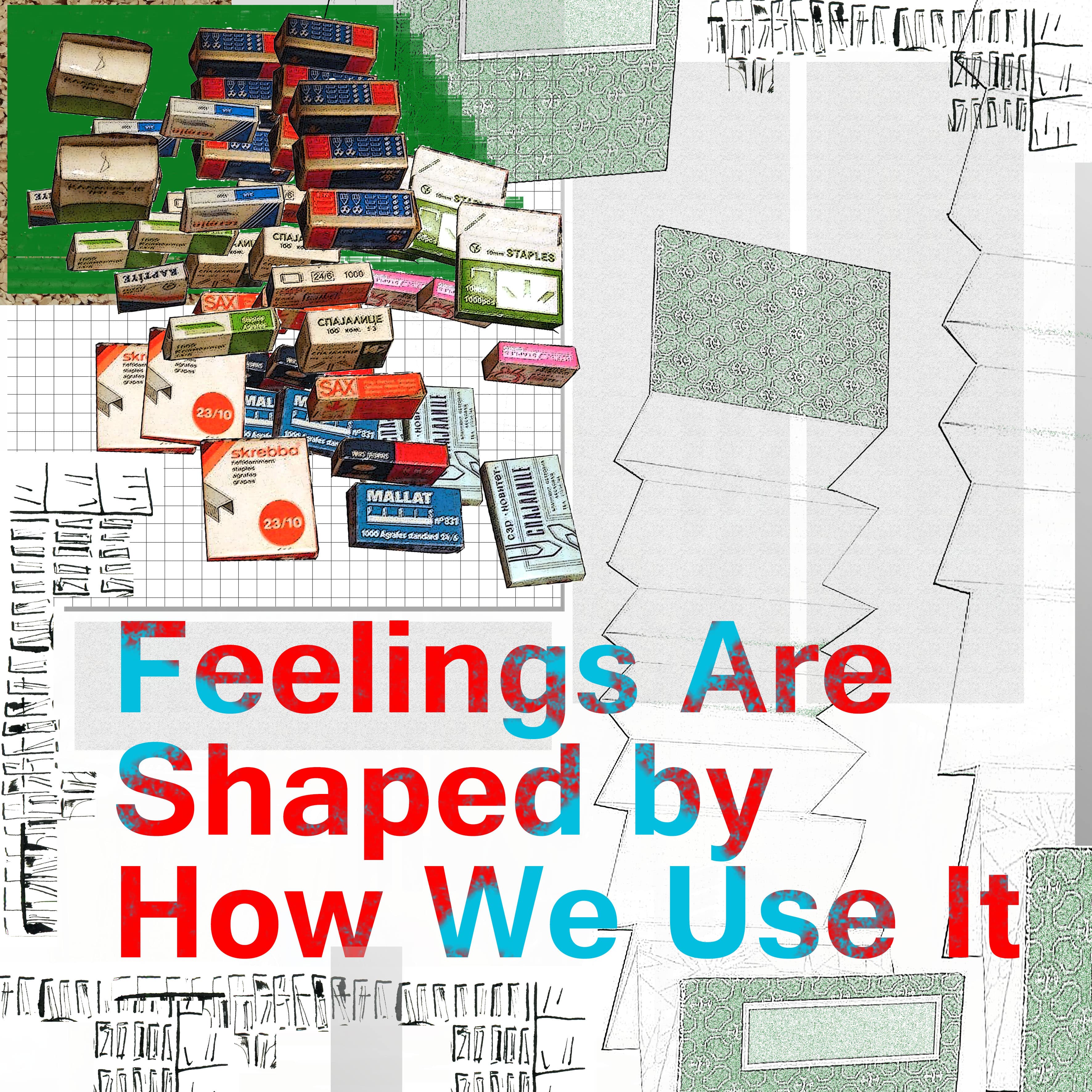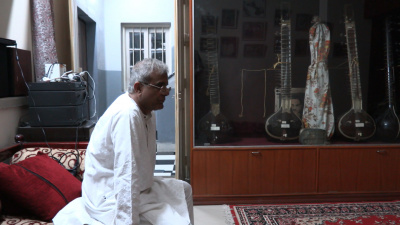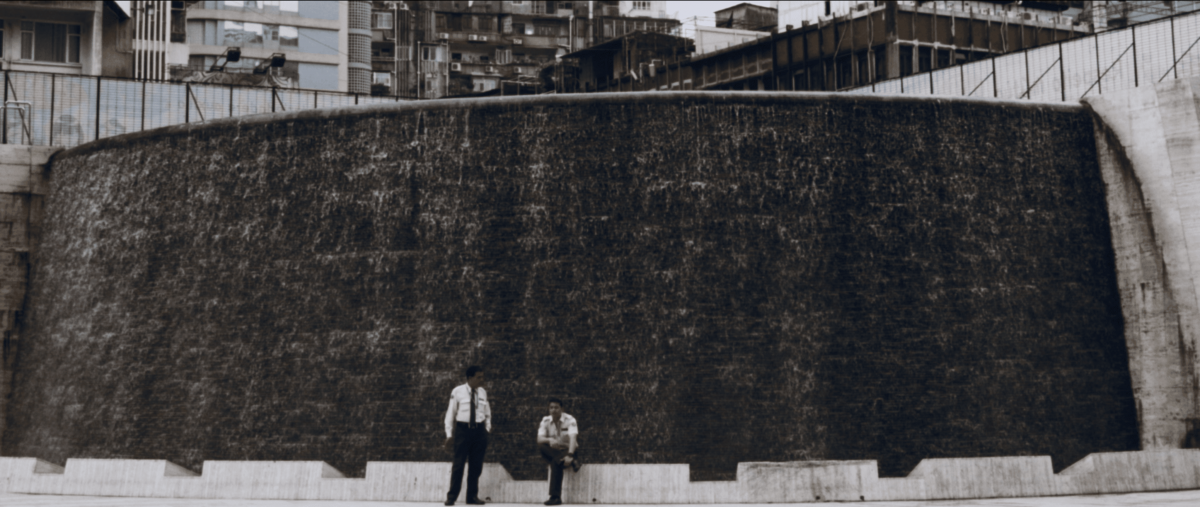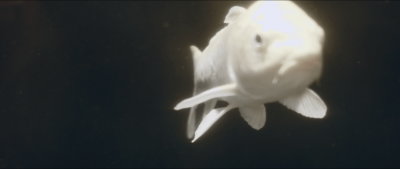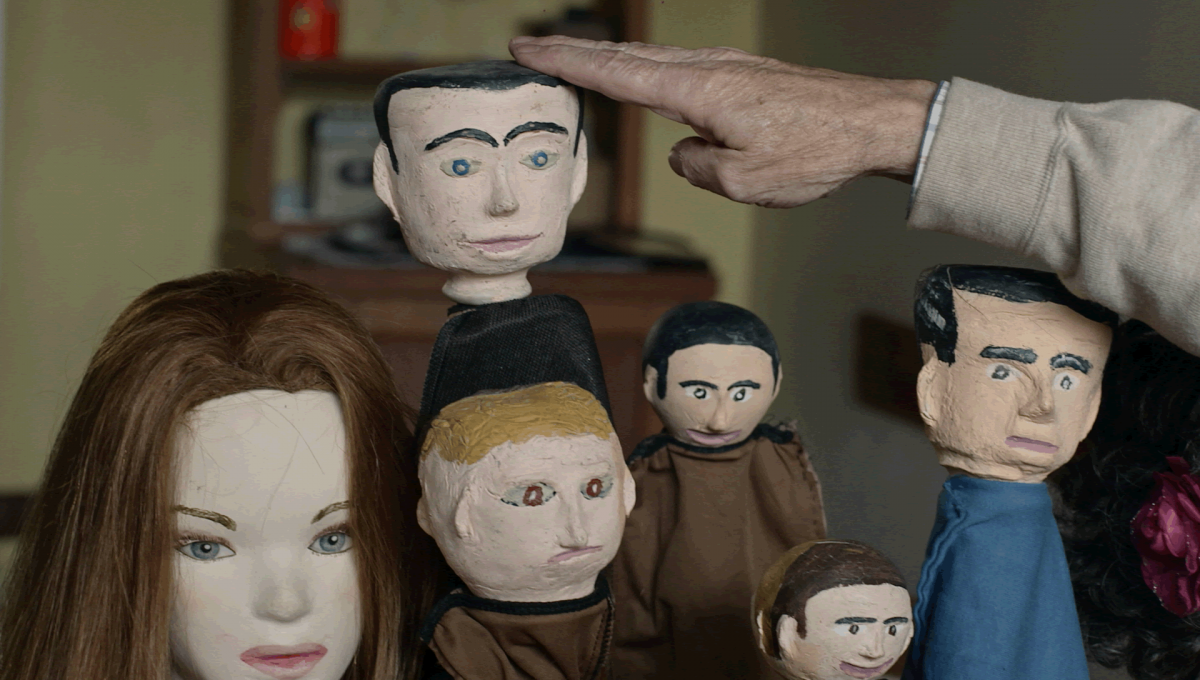
Let the Genius Go
Perfectionism is a widespread modus operandi among artists. In an essay inspired by the film Solo, our author reflects why this can lead to fear of failure rather than better work – and how one can overcome this faulty logic of self-judgment.
→ Check all articles of this special
→ Download PDF with introduction and table of contents
«I was washing a vase from the chapel. He entered and looked around. ‹What a nice vase!› I said, ‹Yes, it belongs here. I can’t give it to you›. I left the vase to drain. He took it and I said, ‹It’s fragile, it could break›. After a while, he said, ‹You know what, Rubén?› ‹What?› ‹The vase is just like us.› ‹Why is it like us?› I asked him. ‹Because it’s from here, it has been here for a long time, it’s fragile, and despite its fragility, it has not broken yet.›»
Inspired by this dialogue in the documentary Solo – a portrait of the Argentinian piano player Martín P., who lives in a psychiatric hospital close to Buenos Aires – I pondered upon a question: Is the concept of the self fragile, or rather fluid and flexible? Something fragile is prone to being easily broken or even destroyed, while something soft gives way under pressure.
Is Perfectionism Toxic?
There is a romanticized idea that emotional fragility is a precondition for being an artist. In reality, striving for perfection is «the enemy of good», as the philosopher Voltaire once said. Perfectionism can cause significant problems in daily life, impacting everything from creativity, productivity and performance to relationships and physical health. In the worst case, it leads to complete collapse.
Breaking apart is also a subject in Solo, in which the protagonist Martín P. speaks about the struggles he has with himself. At some point in his life, his ability to perceive the reality that surrounded him became stiff. This mental rigidity transformed itself into all sorts of fears: Of judgment, of unmet expectations – fear of anything. His striving for excellence turned into an obsession, dating back to his childhood, when his mother wanted him to be the perfect genius.
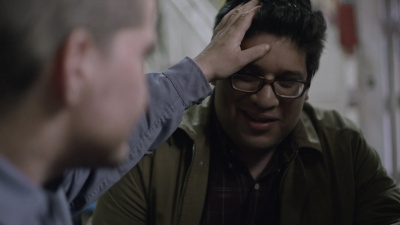
Perfectionism is, at its core, about trying to earn approval. I am what I accomplish and how well I accomplish it. This critical narrative can be internalized in early childhood and shapes the way we think, perceive, feel, act, and react. Perfectionism is a subconscious trauma response that works to solidify the old pattern. But perfection is unattainable, as there is no way to control the perception of others. Instead of realizing this, we feel shame, judgment and hardship with ourselves, often projected onto others. This cramps the flow of openness, playfulness, and creativity. Rather than questioning the faulty logic of this belief, we become even more deadlocked in our quest to do everything right.
Feelings Are Shaped by How We Use It
How can we change the metric of the self so that the attentional structures of our personality become more soft and permeable, and less narrow-minded and rigid? When we consciously perceive information, we either intentionally focus attention on it or we do it as a result of attentional habit based on biological or social instructions. Being aware of this perception, we have a choice in how to channel our attentional energy. We create ourselves by how we invest this energy. Memories, thoughts, and feelings are shaped by how we use it.
With the help of his therapist, Martín P. managed to rearrange the power of the inner fragments that were taking control of his mind. «I need to let the genius go. Because it isolates me. Bye, genius. Let the kid stay, but the genius go.»
The film «Solo» by Artemio Benki was officially selected at the Norient Film Festival NFF 2021. See full program here.
This text is part of Norient’s essay publication «Nothing Sounds the Way It Looks», published in 2021 as part of the Norient Film Festival 2021.
Bibliographic Record: Rhensius, Philipp. 2021. «Editorial: NFF 2021 Essay Collection.» In Nothing Sounds the Way It Looks, edited by Philipp Rhensius and Lisa Blanning (NFF Essay Collection 2021). Bern: Norient. (Link).
Biography
Published on January 25, 2021
Last updated on April 09, 2024
Topics
From machine-assisted musicking to the struggle of creating under precarious circumstances and in a world in which work rules everything.
What is «Treble Culture»? How does what one hears affect what one sees?
Snap
